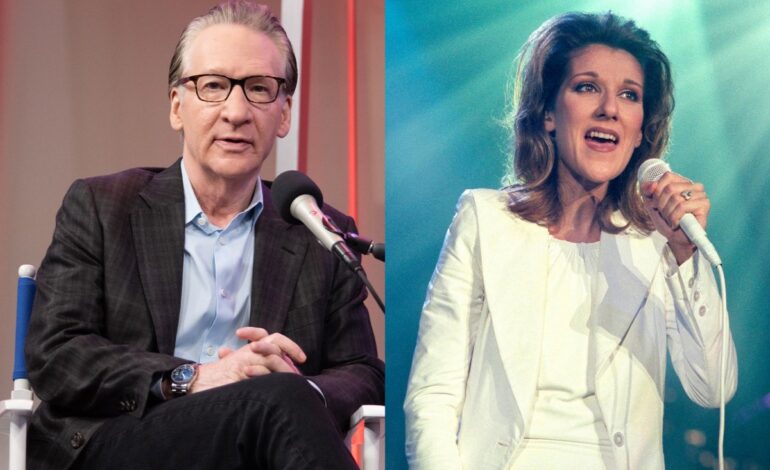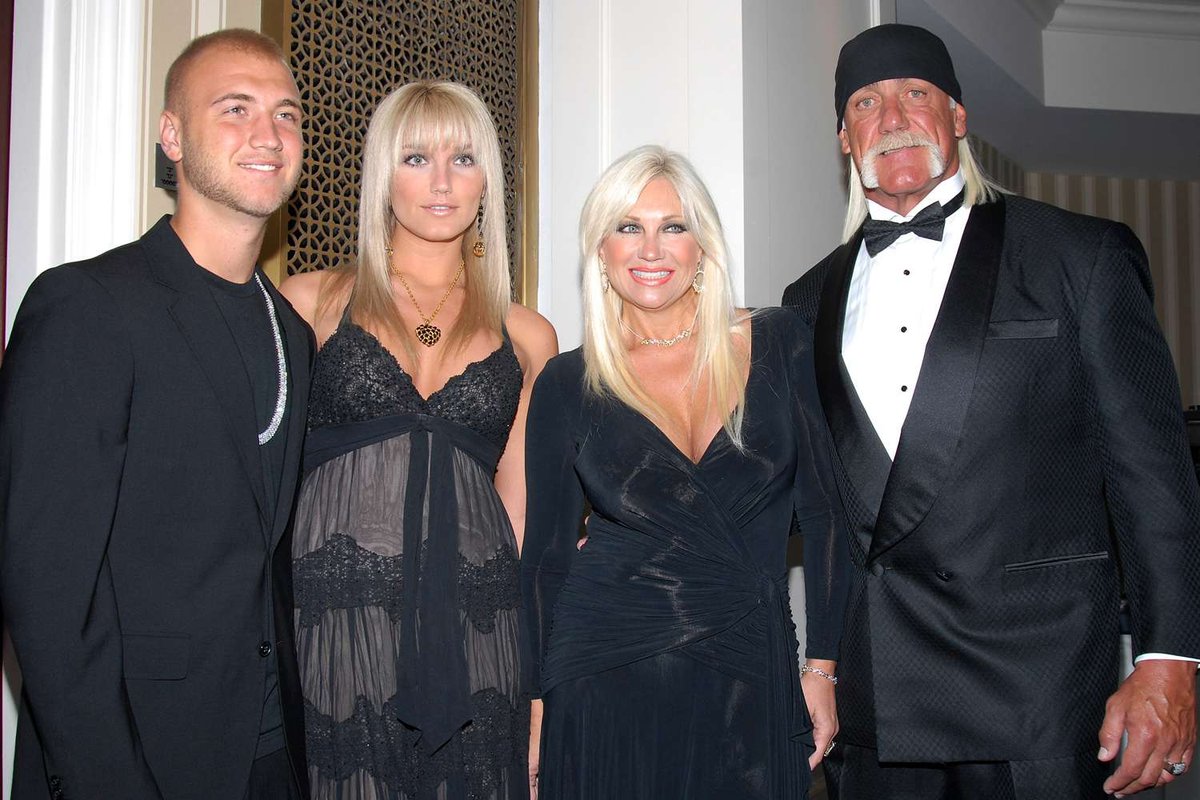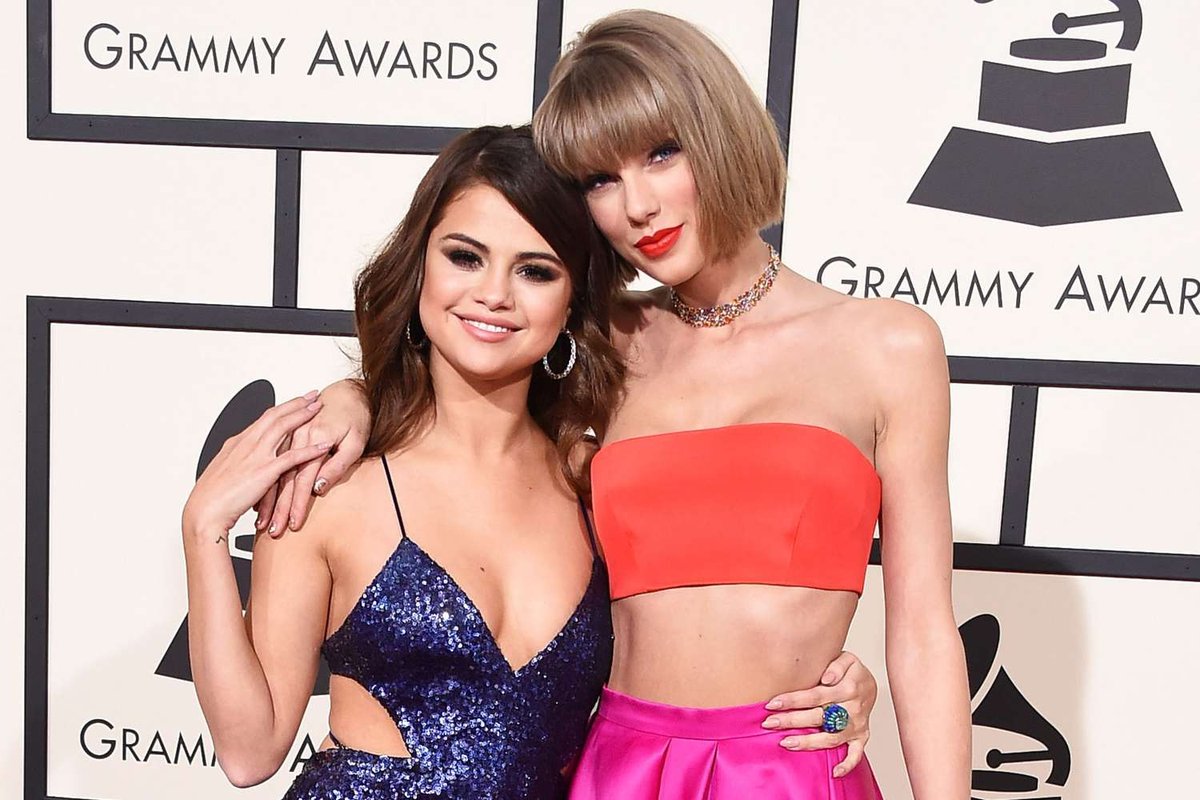Bill Maher Blasts SNL’s “Zombie Lie” on GOP Racism: What the Data Reveals

Objective reporting, insightful analysis—let’s unpack Bill Maher’s latest critique of Saturday Night Live and its portrayal of the Republican Party. On his June 14 HBO Real Time segment, Maher labeled the recurring SNL trope that “all Republicans are racist” a “zombie lie,” arguing it’s an overused narrative that does more harm than good for political discourse. According to HBO’s official transcript and a follow-up summary by Politico, Maher cautioned that stereotyping an entire party risks alienating moderate conservatives and undermines genuine efforts to address race relations.
Maher’s warning comes amid a broader context of shifting GOP demographics. Recent polling from Nielsen Media Research shows that Republican favorability among Hispanic voters has climbed from 29 percent in 2021 to 35 percent this year, while African American support ticked up from 8 percent to 11 percent (source: The Hill). That uptick challenges the notion that the party’s base is uniformly driven by racial animus. As Maher pointed out, dismissive caricatures only deepen polarization and deter potential dialogue across the aisle.
Saturday Night Live’s latest cold open, aired June 8, satirized a Republican fundraiser as a covert white-supremacist rally. While the skit garnered 4.2 million viewers—its highest mid-season rating in four years (Nielsen)—it also sparked a backlash from conservative commentators who argue the show recycles stale attacks rather than offering fresh critique. The Washington Post noted that SNL’s writers have leaned heavily on identity-based humor, potentially risking audience fatigue and echo-chamber effects. Maher’s rebuke specifically targeted that creative laziness: “If you want to change minds, stop preaching to the choir,” he quipped on air.
Political analysts agree Maher touches on a key strategic dilemma. Data from a 2023 Pew Research Center study reveals that 56 percent of independents describe themselves as “sick of unfair political bashing,” suggesting that broad-brushed insults may push swing voters toward apathy. In this light, Maher’s caution feels less like partisanship and more like a plea for nuanced debate—a message echoed by veteran GOP strategist Amanda Carpenter in comments to The Atlanta Journal-Constitution.
As both sides regroup for the upcoming election cycle, the question remains: will late-night satire adapt to evolving voter sensibilities or continue relying on tried-and-true stereotypes? Maher’s challenge to SNL underscores a deeper media responsibility in shaping political narratives. That wraps up today’s analysis—stay informed, stay critical, and keep an eye on how comedy and commentary evolve in the months ahead.
Sources: Celebrity Storm and HBO Real Time transcript
Politico
Nielsen Media Research
The Hill
The Washington Post
Pew Research Center
Attribution: Creative Commons Licensed




